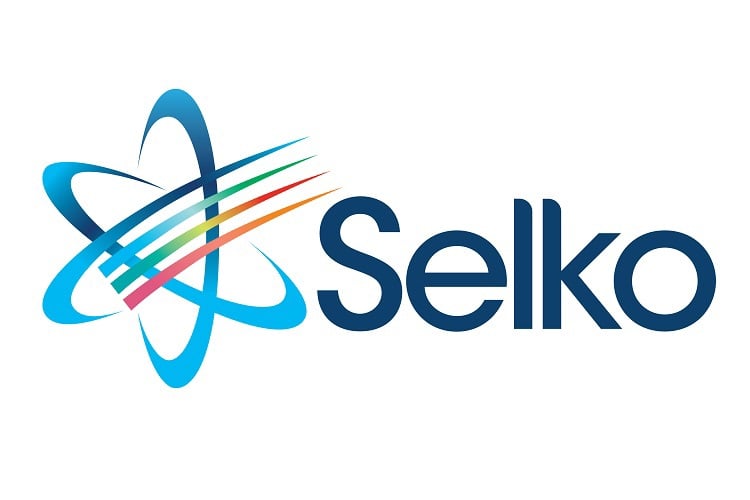
Mycotoxin Risk Management Programme
This programme aims at providing comprehensive and integrated knowledge to manage mycotoxins effectively.

Effective management of mycotoxin exposure is essential when raising broiler chickens. Mycotoxins can compromise feed intake, weight gain, gut health and immunity, and increase feed conversion rates (FCR) and mortality. Optimal risk control includes purchasing quality raw materials at feed mills, and monitoring during raw material and feed storage.

The quality of poultry meat is determined by multiple factors including genetics, management, processing and animal nutrition. Certain feed ingredients or supplements such as vitamin E and selenium may also impact poultry carcass and meat quality. Traditionally, broiler diets have been formulated to promote maximum animal performance. However, this type of highly concentrated and protein-rich diet can be costly and impact profitability. We recommend a comprehensive approach to formulating diets that ensures the farmer can optimise broiler performance and production while maintaining animal health and welfare and meeting sustainability goals. This includes consideration of raw material costs, market conditions, revenue generated and use of new or alternative feed ingredients.

Water is the most important, yet the most neglected, nutrient in an animal’s diet. Most animals drink about twice as much as they eat, making the quality of the water key to optimal health and performance. Water quality issues can be signalled by an animal’s insufficient intake of water or feed, as well as by unexplained declines in health or performance. To help prevent issues, we recommend a strong focus on monitoring hygienic conditions from the water source throughout the system as part of your biosecurity and farm management programme.

Animal feed is perpetually at risk of being spoiled or contaminated by pathogenic microbes such as Salmonella, E.coli, mould and yeasts. Signs of contaminated feed include clumped particles, off odours and changes in colour. Poor feed hygiene can lead to reduction of the energy as well as the vitamins A, D3, E, K and B1 available to the animal; in the case of mould, palatability can be reduced. To help control the quality of feed, a laboratory analysis can be performed to quantify the level of spoilage organisms in the animal feed.

Trace minerals such as zinc, copper and manganese play a crucial role in broilers’ development and metabolism. Providing trace minerals in the wrong form and amount – either too low or too high – could generate negative outcomes for a broiler’s productivity. Achieving consistent delivery of an optimised level of trace minerals will support multiple essential functions for broilers, including growth performance, immune and oxidative response and health.
Safe and good quality of feed and water are the basics for healthy broiler growth.